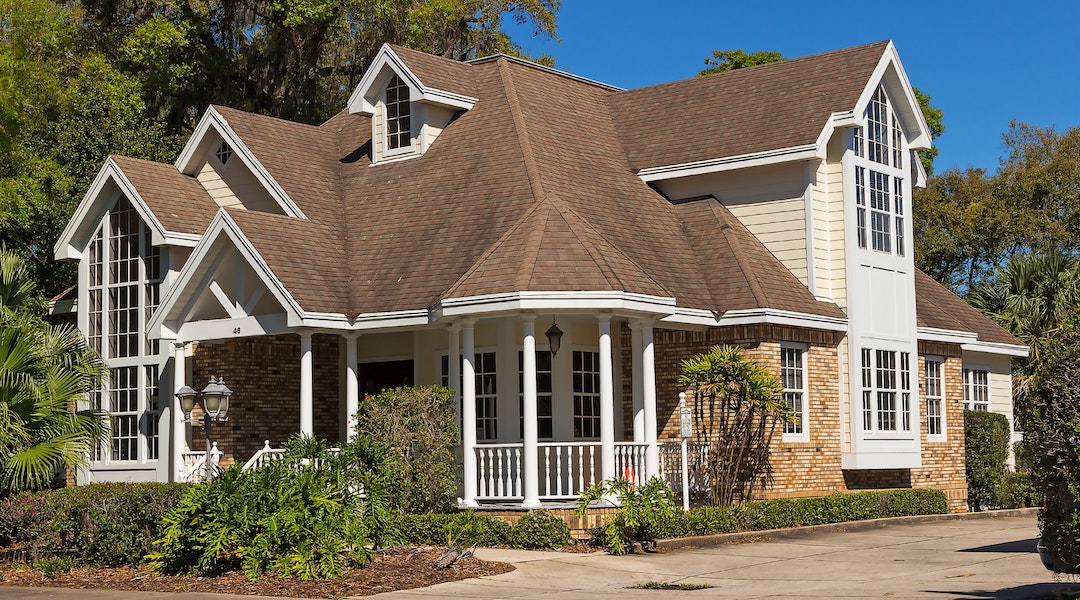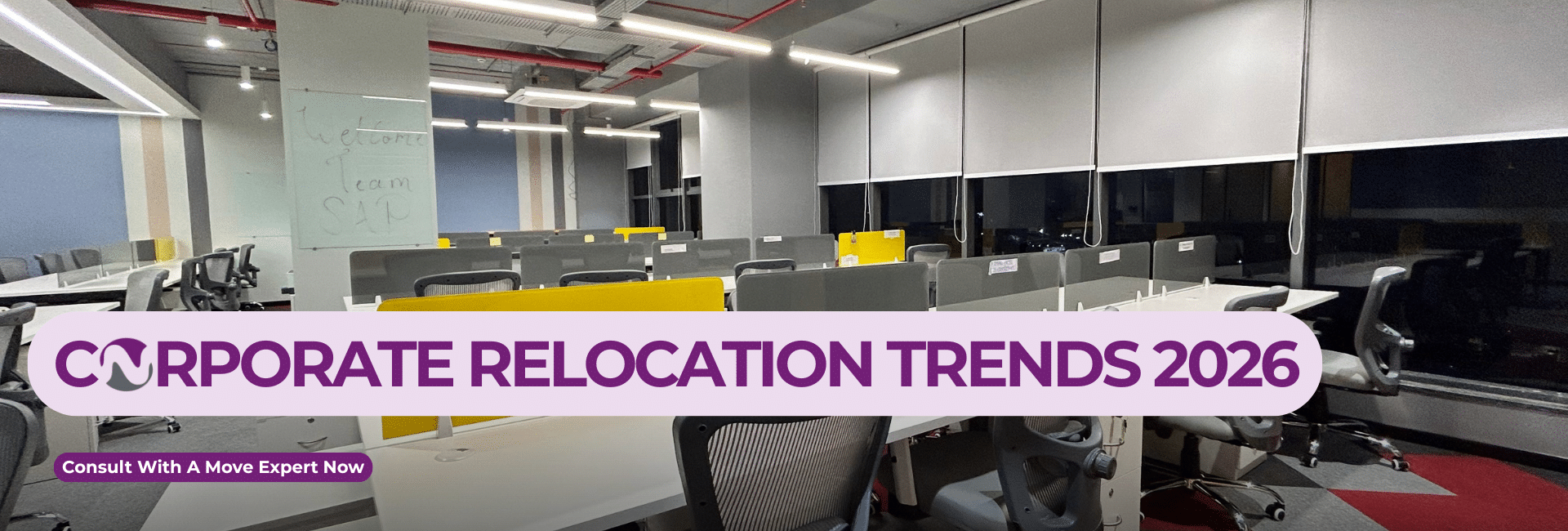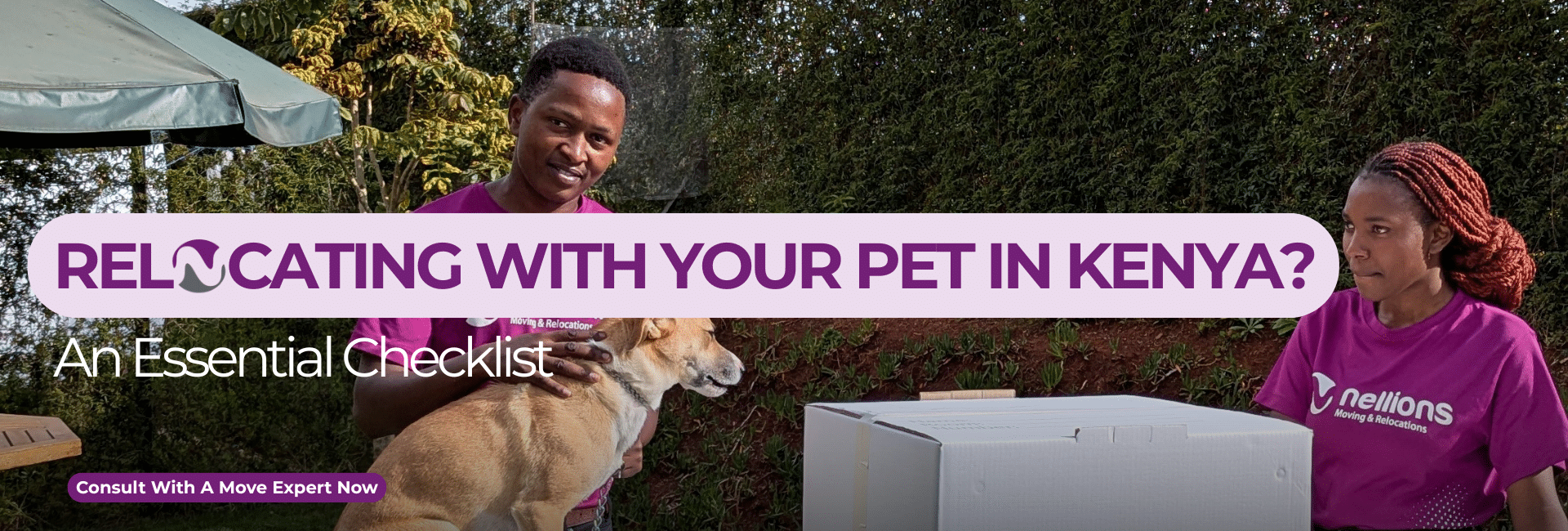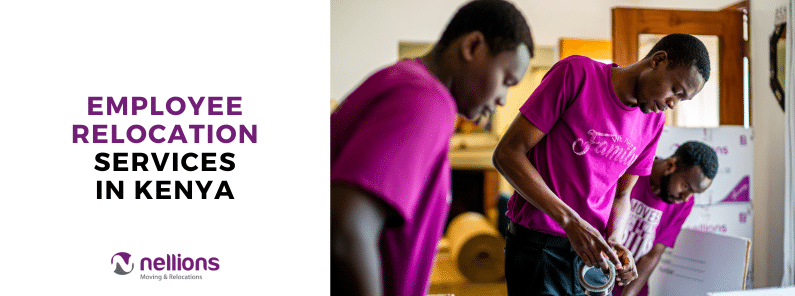Owning a house is a life-defining goal for a lot of people. Perhaps you are looking to start a family or would simply love to move to a stable living environment – the number of factors influencing this decision is almost limitless.
Being your own landlord, coming home to a house you know you own, and the ability to renovate and make adjustments however you like are some of the advantages of owning a house.
Better yet, you are freed from the monthly rent obligations helping you to better plan your finances.
But as fulfilling as this investment sounds, there is a fine print that is often ignored by many, one that eventually leaves homeowners emotionally wrecked due to unforeseen expenses or legal matters.
Whether you are building from scratch or buying a ready-made house, you need to be aware of the total amount of expenses throughout the entire process.
The amount you spend includes the construction cost – if you are building one – the purchase price, loan fees – if you opt to use third-party financing – real estate agent and lawyer fees, taxes, utilities, among others.
Let’s look at these factors in detail:
Constructing a house
Most Kenyans prefer building their own house to buying one. Integrum, a leading construction management firm in Kenya, summarizes the applicable math here as follows:
According to their estimates, the average construction cost ranges from 32,500 to 70,000 Kenyan shillings per square meter. However, building costs vary throughout the country.
Other resources put the estimate between 30,000 shillings for a simple house to 60,000 shillings. Which means that for a three-bedroom house (125 square meters), you will spend between 4.5 million shillings for a simple design to over 9 million for a pricier one.
Of course, apart from the construction process, some other factors will affect the total sum you pay for your house:
- Location
- Site topography
- Size of the house
- Design and the features of the house
- Professional and legal fees
- Quality of finish & fixtures
The above are just estimates. You may end up paying more than your initial calculations. Therefore, the easiest way to get a close figure is by enlisting a reputable Quantity Surveyor. Similarly, you can consult with someone who recently (within the last year) constructed a similar house of the same design, features, and finishing as the one you’re looking to build.
Buying a House
If constructing a house seems too much for you and you opt to buy an already-constructed house, here are the expenses you should factor in:
1. Purchase Price
The purchase price is usually the figure most people give when asked how much they invested in a home they bought. However, this is not the only amount one invests in buying a home.
There are transaction fees, which include brokerage, processing fees for mortgages, taxes, and legal fees paid to lawyers. To get the best price for a particular house, here are a few things to consider:
- Enlist the help of a licensed real estate agent to operate in your region to help you with the process of finding a house and negotiating the price. The agent will also help you find a house that meets your needs depending on the style, roofing, and location among others. The price for this service ranges between 3 to 6% of the selling price.
- Work with the agency or a lawyer to make an Offer to Purchase the property. The lawyer will conduct due diligence of the property before and during the transaction to ensure a smooth transition to you as the buyer. Legal fees range from 1 to 2 percent of the purchase price and are in most cases paid by the buyer.
- If you are purchasing the house through a mortgage, it is important to get an appraisal of the house from your lender to help you determine the loan amount as well as monthly obligations that best suit you. Getting appraised will tell you the kind of home you can afford. Once your mortgage application goes through, you can close the transaction with the help of your lawyer.
That said, the average purchase price of a 1 to a 3-bedroom house in Nairobi as of 2019 was 14.4 million shillings (US$140,666), while that of a 4-6 bedroom residential averaged at about 39.1 million shillings (US$ 381,948).
2. Property Tax Rates
After acquiring your house, the next thing you must contend with is property tax – the yearly tax levied by the local governments depending on the location and value of your property. The rates vary depending on the county government where your house is located.
For example, in 2019 Nairobi Municipality capped new rates at 1% of the value of the land. The rates were set to take effect in January 2020.
There is also the land tax, which is associated with buying a property in Kenya. The rates also vary according to the location of land. The highest rate is 8%, which is applicable in Nairobi County.
3. Furnishing
Moving from a rented house to one you own may be all glory and bliss until you realize that your current furniture hardly fits the style, or worse yet, doesn’t fill the space, leaving it feeling sparse. As such, a lot of folks do buy new furniture to complement the feel of the new house.
It could be a dining table, accent chairs, rugs, beds for other bedrooms, curtains, maybe a refrigerator or a cooker, to name a few.
If you are buying an already-built house, you may want to get a new coat of paint or install other fixtures to your convenience. It, however, depends on how big your house is, the quality of the fixtures you are looking to install, and where you want them installed.
In a nutshell, the décor will also take a dip into your reserves, particularly if you are starting from scratch.
4. Utilities
Now that you own a home and are no longer a tenant somewhere, you are fully in charge of all the utility fees that are associated with the property. These charges include water, sewerage, electricity, garbage collection, internet, and security, among others.
If you move to a gated community, your might encounter residential association fees for maintenance of spaces such as playgrounds and car parks, as well as keeping the environment clean.
5. Maintenance and Repairs
Now that you own your house, you are solely responsible for its maintenance and upkeep.
The costs depend on the size of your home and the condition of the various fixtures in your home. Leaking faucets and aging electric appliances can drive your overall expenses through the roof.
If you are buying a house, it is important to check the condition of every aspect of the home including the plumbing systems and conditioning appliances. Make sure that they all run efficiently because it will significantly lower your utility bills.
In other instances, you may be forced to repair loose tiles or fix leaking roofs, or broken windows. These are some of the expenses you will incur in your home after moving in.
Finally, any upgrades you are seeking to carry out fall on you as well. If you want an extra roof, a dog kennel, an expanded garage, or a store…you will pay right from your pocket.
6. Mortgage and Insurance
If you went with the mortgage plan, you must commit to your monthly obligations until you clear the total balance. As earlier stated, it is important to get appraised by a lender first to know what you can afford and how much you will pay as monthly installments.
This way, you don’t bite more than you can chew, therefore lower the risk of getting foreclosed by defaulting your loan. You can get property insurance to avoid foreclosure, but then again, that comes with additional costs.
Final Word
Owning a home is a serious investment that should not be taken lightly.
With proper search and careful evaluation as well as your financial analysis, you can easily own the home of your dreams. Follow and consult on what is covered by this copy and you are halfway there.
Above all, always remember to involve a lawyer when making real estate deals.
And when you do need to move, rest assured that Nellions Moving and Relocations Company is ready to give you a helping hand.













